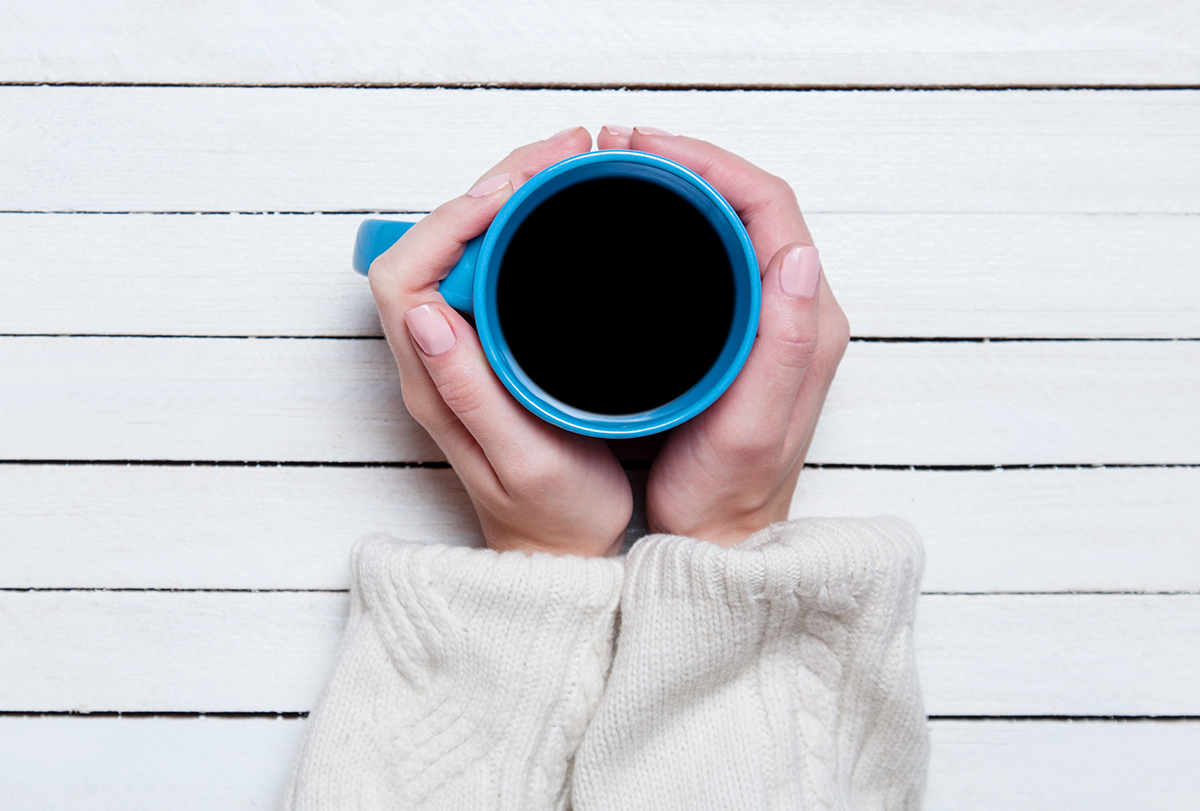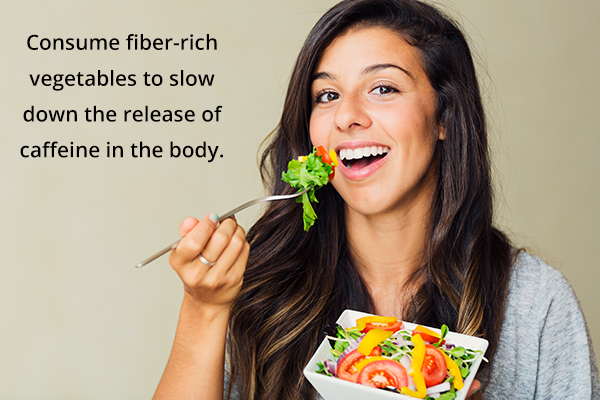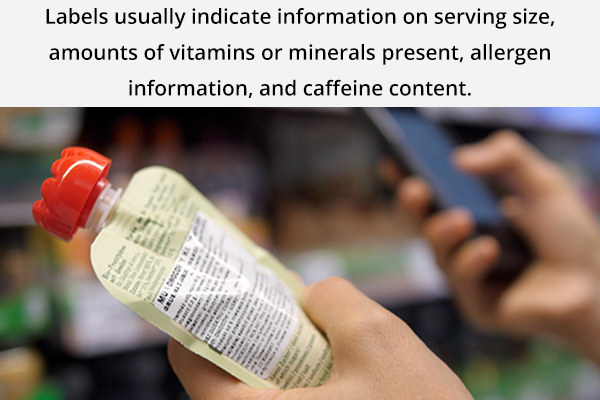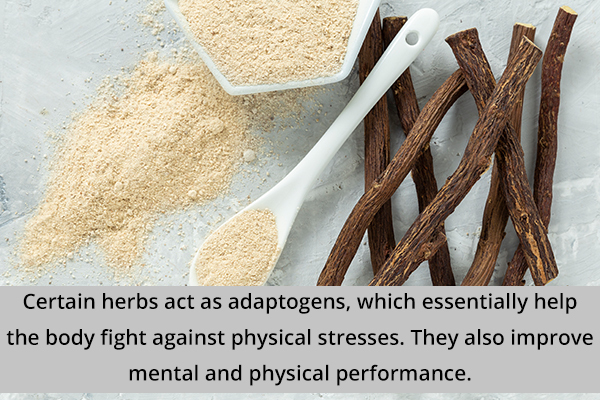In this article:
Many people turn to a cup of tea or coffee immediately upon waking up. And on the odd day that you are in a rush and cannot make time for your hot cuppa, you are riddled with a headache for a good part of the day or at least until you fulfill your caffeine need.

Caffeine is basically a stimulant that affects the central nervous system and can result in dependence. Caffeinated beverages are used to prevent drowsiness, stimulate the nervous system, and improve performance. (1)
Stopping the consumption of caffeinated beverages all at once can lead to severe physiological distress and is termed caffeine withdrawal. It can cause migraine headaches, nausea, depression, anxiety and panic attacks, and even dehydration. Some people may turn to other substance abuse as well. (1)
How to Beat Caffeine Addiction
To prevent the uncomfortable symptoms of sudden caffeine withdrawal, here are some simple tips you can follow.
1. Lower the dose of caffeine over time
Those who wish to rid themselves of their caffeine dependence are always advised to do so slowly. Gradual lowering of caffeine dose allows time for the body to get used to the lower amounts being ingested. (1)
Simply reduce the quantity of your tea or coffee each day. Instead of having a whole mug, have only half a cup in some days, then just half a cup each day before you completely stop.
2. Consume fiber-rich vegetables

Some foods slow down the release of caffeine in the body. Grapefruit juice prolongs the duration of caffeine’s activity in the body by about 31%, and vegetables such as broccoli, cabbage, cauliflower, carrots, and celery improve the clearance of caffeine from the body. (2)
3. Switch to herbal alternatives
The practice of consuming a hot beverage first thing in the morning is hard to beat. One easy way to make a caffeine-free switch is by consuming herbal teas.
Teas made from flowers such as chamomile and lavender can offer a wide range of health benefits. (3)(4)
Herbal teas can reduce stress, manage anxiety, and give a boost of antioxidants, all without the dependence on caffeine. (5)
4. Consume decaf beverages
If you find yourself missing the taste of coffee or tea, choosing decaffeinated beverages may help. When close to 97% of caffeine is removed from coffee beans, the coffee is called decaffeinated. (6)
Most studies have found decaf coffee to have similar health benefits as caffeine, attributing its potential role in health to the other compounds present in it. (7)
5. Read nutritional labels

Reading nutritional information on packaged foods is very important. Labels usually indicate information on serving size, amounts of vitamins or minerals present, allergen information, and caffeine content. (8)
If you are trying to kick your caffeine habit, make sure the ready-to-eat products or ready-to-drink beverages you consume do not contain caffeine.
6. Sleep well
Most people consume coffee, tea, or energy drinks to combat drowsiness. (1)
Caffeine can disrupt sleep, and lack of sleep can make you more dependent on caffeine-rich beverages. This cycle perpetuates, causing the body to lose its sensitivity to caffeine. (9)
So you don’t have to turn to your cup of caffeine first thing in the morning, make sure to get your full 7 hours of sleep.
7. Exercise
Daily exercise has a lot of health benefits. It can keep your heart healthy, increase stamina, boost blood flow to the muscles, and even improve symptoms of anxiety and depression. (10)
It is likely that regular exercise can help the body feel energetic, lessening the dependence on caffeine.
8. Make use of adaptogens

Certain herbs act as adaptogens, which essentially help the body fight against physical stresses. They also improve mental and physical performance. (11)
Ginseng, licorice, ashwagandha, and reishi mushrooms are plant adaptogens. They have been historically used to improve physical weakness, impaired mental function, and other conditions. (11)
Though there is no evidence that adaptogens mimic caffeine-like effects, improved physical and mental well-being can be helpful when trying to combat caffeine addiction.
Most-Asked Questions About Caffeine Addiction
How long does it take to successfully quit caffeine?
It usually takes 2–3 weeks to completely stop caffeine if it is removed from the diet slowly.
Is caffeine unhealthy?
When consumed in moderate amounts, caffeine can exert beneficial effects. However, in people suffering from anxiety or mental disorders, it can worsen the symptoms.
Final Word
Caffeine in coffee, tea, or energy drinks can make a person dependent on the beverage. While it may provide health benefits when consumed in moderation benefits, some people may choose to move away from caffeine.
It is best to withdraw from caffeine slowly with the first step being to reduce the amount of caffeine consumed in the day. Eating fiber-rich foods can also help slow the release of caffeine into the bloodstream.
Making sure you sleep well and exercising are some of the ways to keep your energy levels up without needing a caffeine boost.
- Was this article helpful?
- YES, THANKS!NOT REALLY


